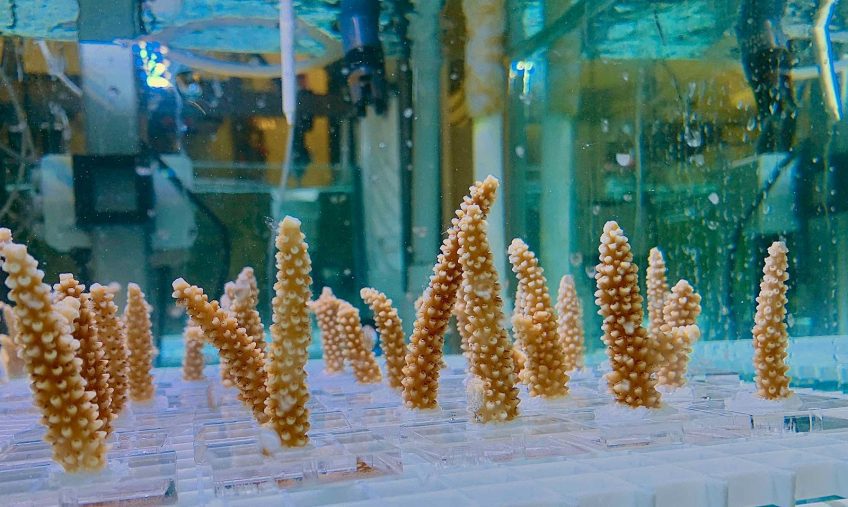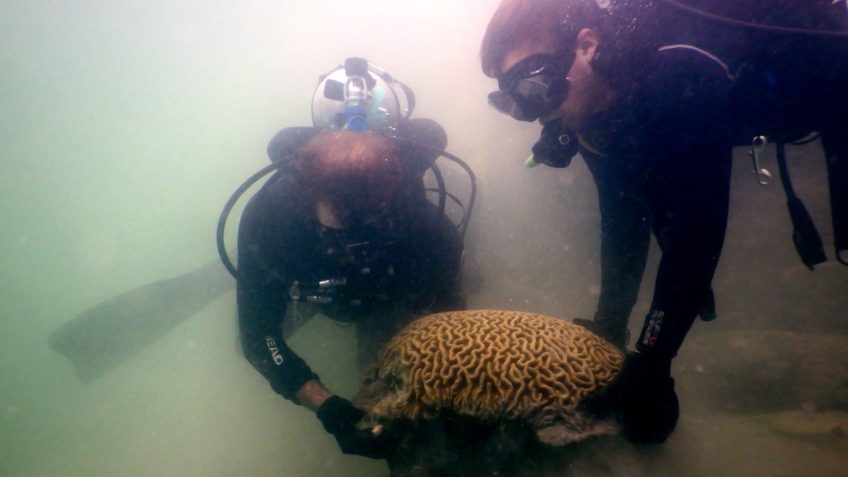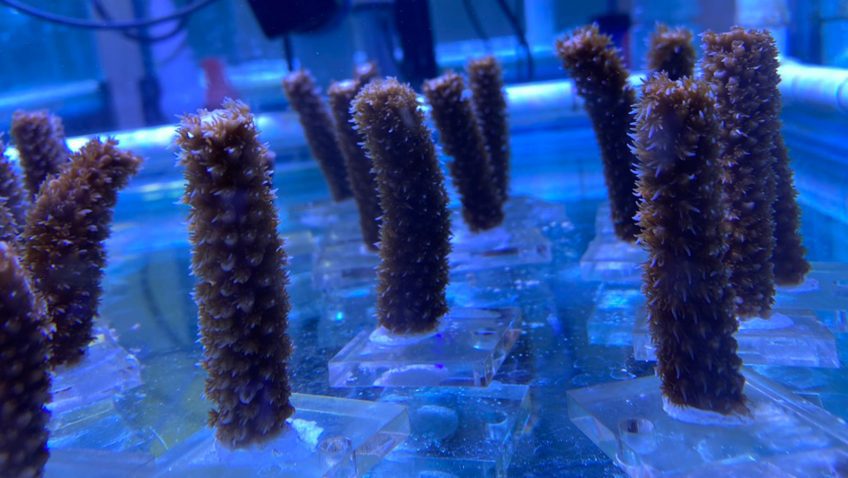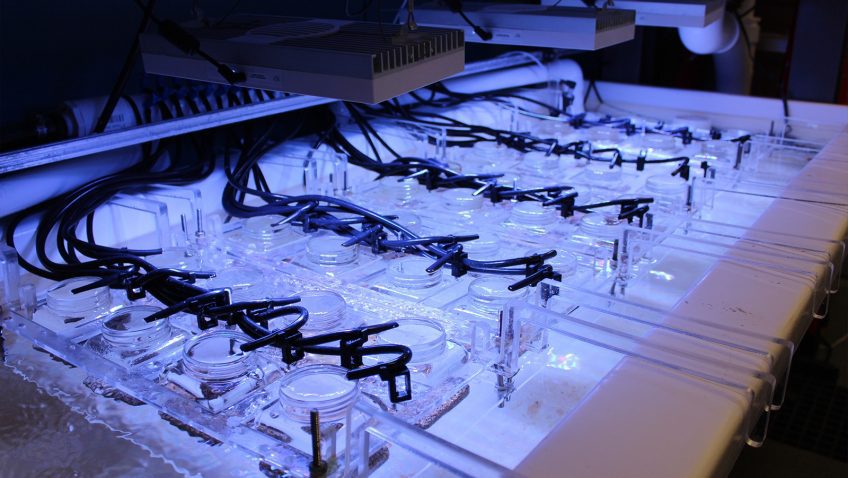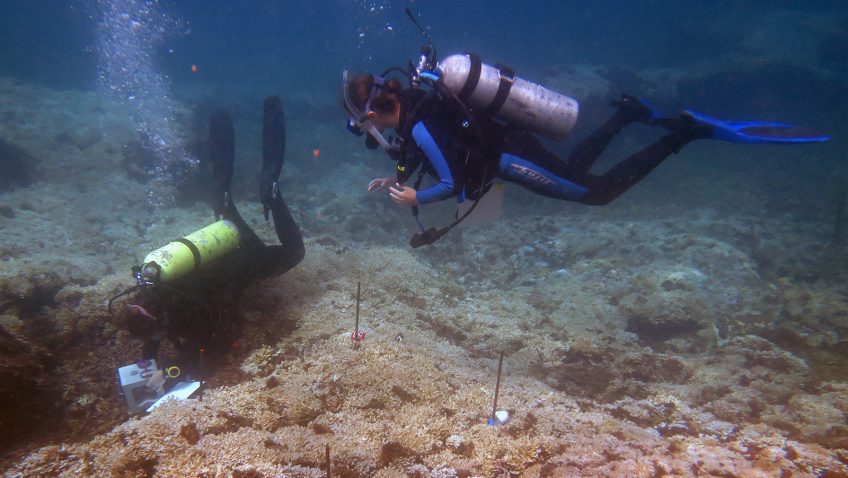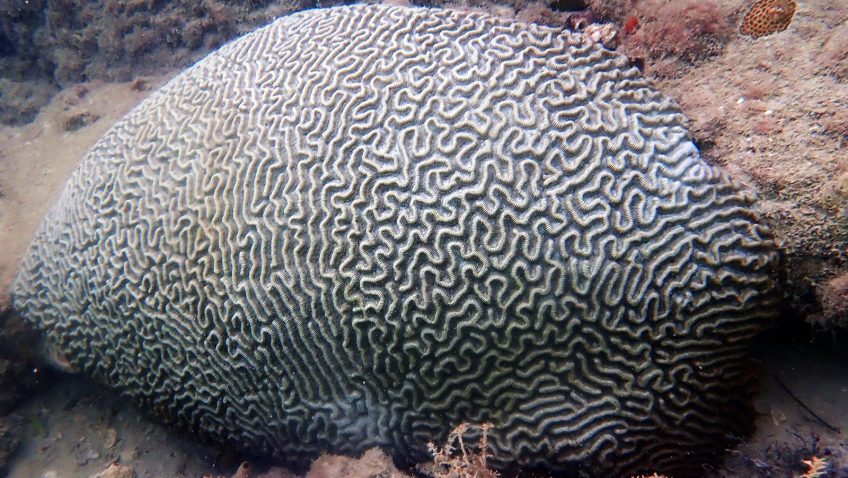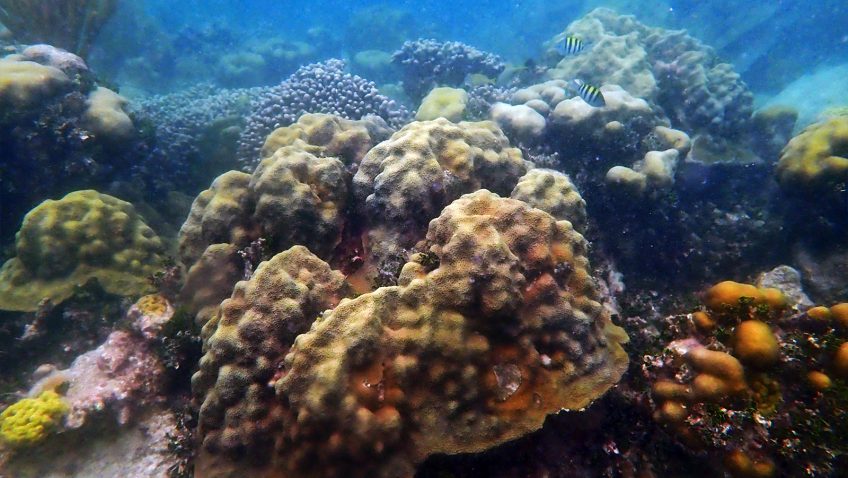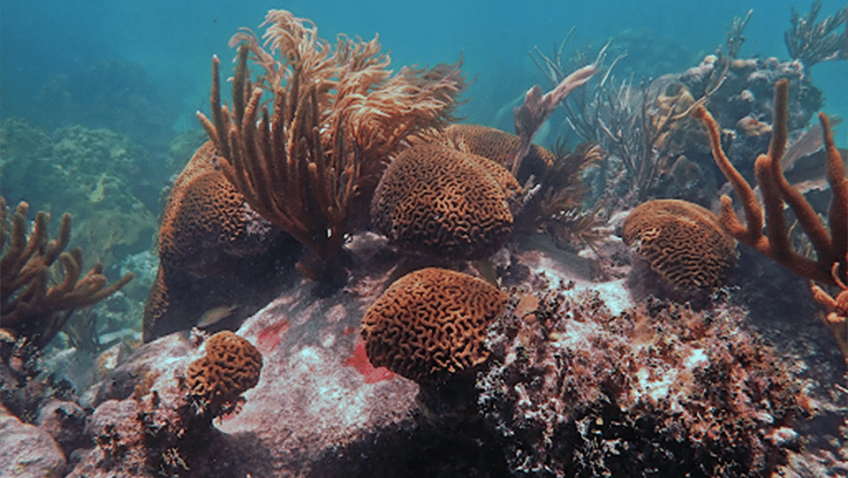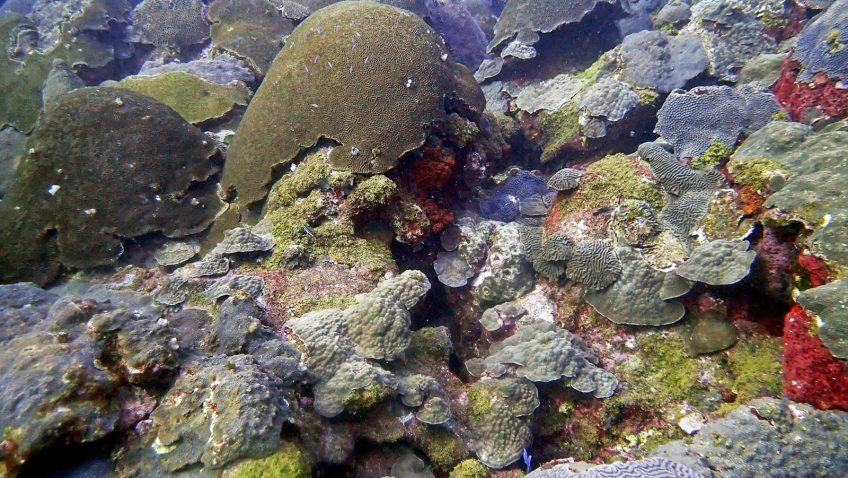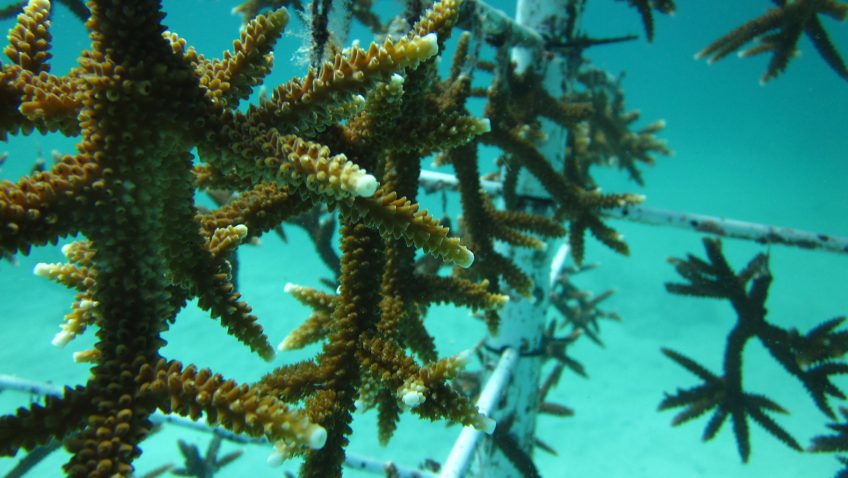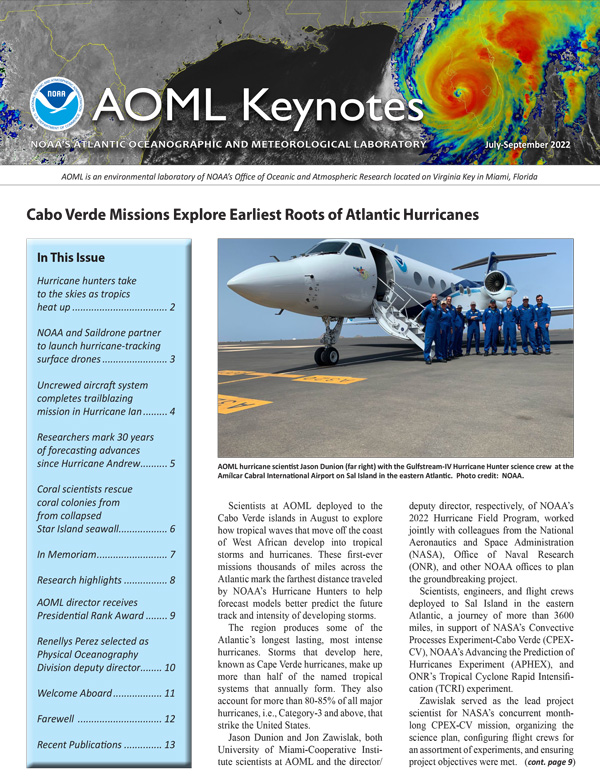Genetic variants of the coral Acropora cervicornis linked to elevated nutrient and heat stress resistance
A recent study by scientists at the University of Miami’s Rosenstiel School of Marine, Earth and Atmospheric Science, the Cooperative Institute of Marine and Atmospheric Studies (CIMAS), and NOAA’s Atlantic Oceanographic and Meteorological Laboratory (AOML) identified genetic variants in staghorn coral, Acropora cervicornis, that can tolerate elevated temperatures and nutrient pollution, two environmental stressors that […]
